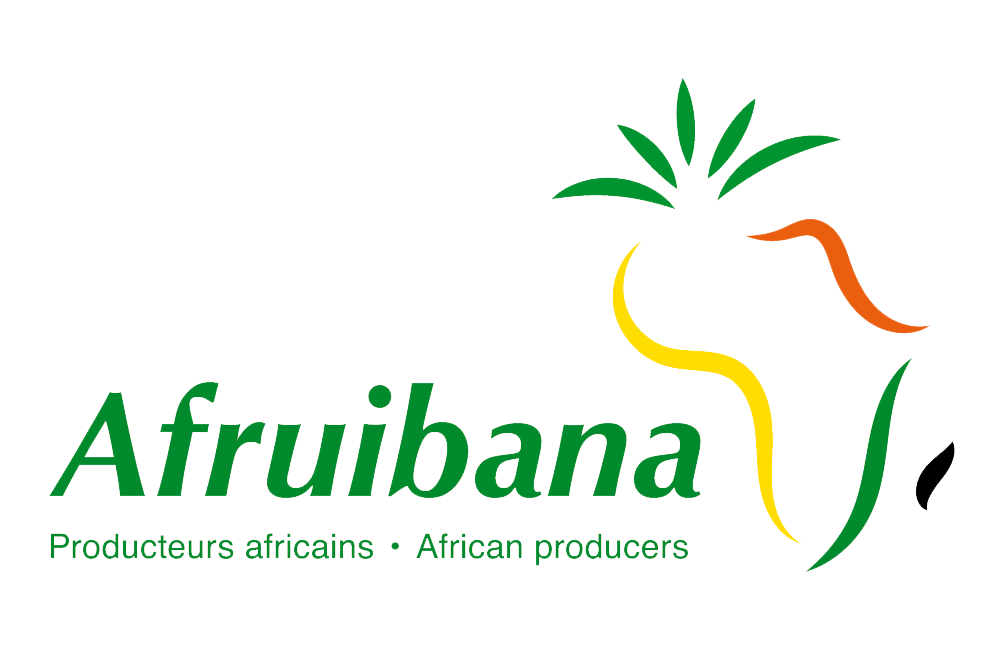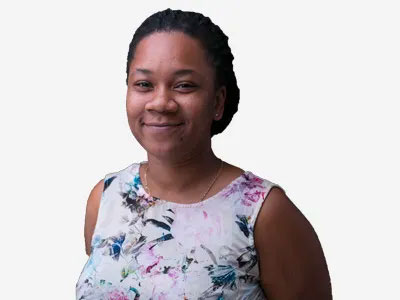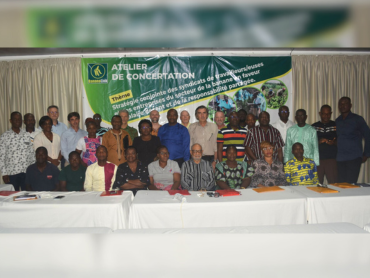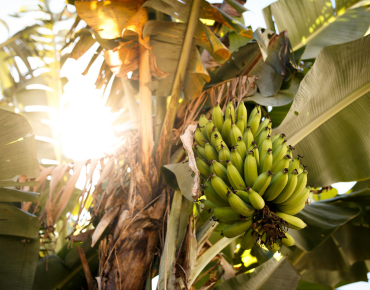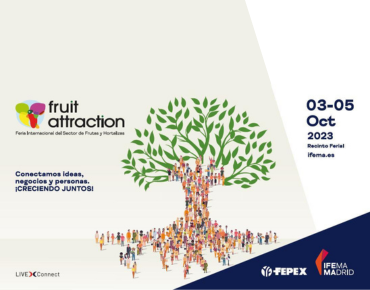
A word from the Chairman
1 January 2018Agricultural productivity in Africa still remains far from developed world standards whereas its potentiel is tremendous. How can use and optimisation of data can reverse this trend?
The potential for improving agricultural productivity through data is huge. Low agricultural productivity in Africa is due in part to low levels of mechanization; inefficient use of inputs either from lack of access or knowledge gaps in optimal use; and in countries like Ghana, lack of irrigation which puts farming productivity at the mercy of weather patterns.
Organizations in Africa have been exploring the use and optimization of data to challenge some of these issues. In Ghana for instance, a start-up company called Trotro tractor is using technology and data to link smallholder farmers to tractors in rural areas so that they can save time and effort spent on using manual labour.
Since 2008, Esoko has been disseminating information on good agronomic practices – in preparing land, planting, input use, weed controlling, harvesting – via SMS, voice-SMS and call centre to smallholder farmers, to help improve their productivity and income levels. In addition to this, Esoko also sends information on climate smart weather updates which helps farmers optimize weather data in planning their farming activities.
Further to this, data on crop performance can help African researchers in the agriculture sector improve upon crop varieties thereby helping to improve yields across the continent.
What are the obstacles to the development of agricultural structures that Esoko allows to disappear and how?
Esoko came about as a solution leveraging mobile technology, to close the information gap in Africa’s agriculture sector. Smallholder farmers were losing out on income due to the information gap between smallholders and middle-men, who were demanding very low prices at farmgate compared to prices charged in local marketplaces. By providing current market prices in their surrounding markets, farmers are in a better position to negotiate higher prices with middle-men.
Changing weather patterns due to climate change is a major challenge for Ghanaian farmers, who due to lack of irrigation systems rely heavily on rain. Esoko provides current and timely weather information and forecasts to smallholders to help them plan their farming activities better and reduce the risk associated with rain-fed agriculture.
One of the challenges to agricultural productivity is the low use of inputs combined with inefficient agricultural practices by smallholders. Esoko guides farmers through each stage of the farming activities – from land preparation through to harvesting – by providing research and data-driven advice through SMS, voice-SMS and expert agric call centre agents. Ideally, government extension agents are to be the source of this information, however a low ratio of 3000 farmers to every 1 extension worker makes this almost impossible.
Recently, Esoko has upgraded its offering to smallholders to also include financial services like insurance and pensions. Traditionally, most smallholders in Ghana have not had access to the financial services which help cushion the impact of unexpected events and old-age. This effort is in line with the widely accepted notion that financial inclusion is necessary for many communities in Africa who are currently are disconnected from these services.
How do you enable small producers to take control of your tools? What feedback do you get?
Esoko provides its services at a highly subsidized rate to smallholders – given their low-income level. We also work closely with organizations and NGOs who can pay for these services on behalf of farmers for the duration of specific projects. What this model does is allow farmers to appreciate the value of the information and services provided, which improves the likelihood of farmers paying for Esoko services themselves.
Esoko also relies on strong agent network across the locations we operate in. These field agents train farmers on how to use services and information disseminated by Esoko to improve their farming activities and livelihood in general.
Testimony from Esoko beneficiary, Mampong Naa
This testimony is a common experience among 83% of farmers involved in the pilot project. It’s a translation from the local Dagaari language.
“My name is Mampong Naa and I live in Jirapa Baazu. After receiving agricultural messages on productivity based on the weather forecast for the week from Esoko through the CCAFS sponsored project, I can say that I am better today than the last two years. The yields of my two favourite crops (maize and millet) have increased and now we will have enough food in the house. I was getting only four bags of maize but now I have already shelled six bags and we are still shelling as you can see. I have never had such a harvest before. I am following all the advice from Esoko and even call them on 1900 and speak Dagaari with them.”
